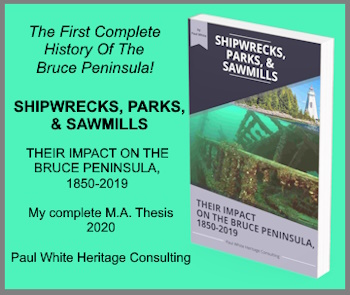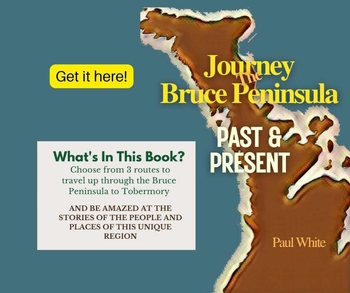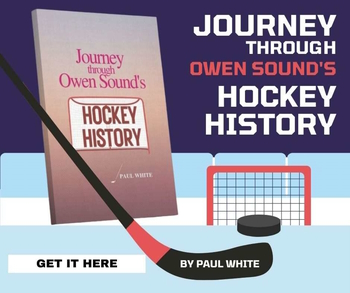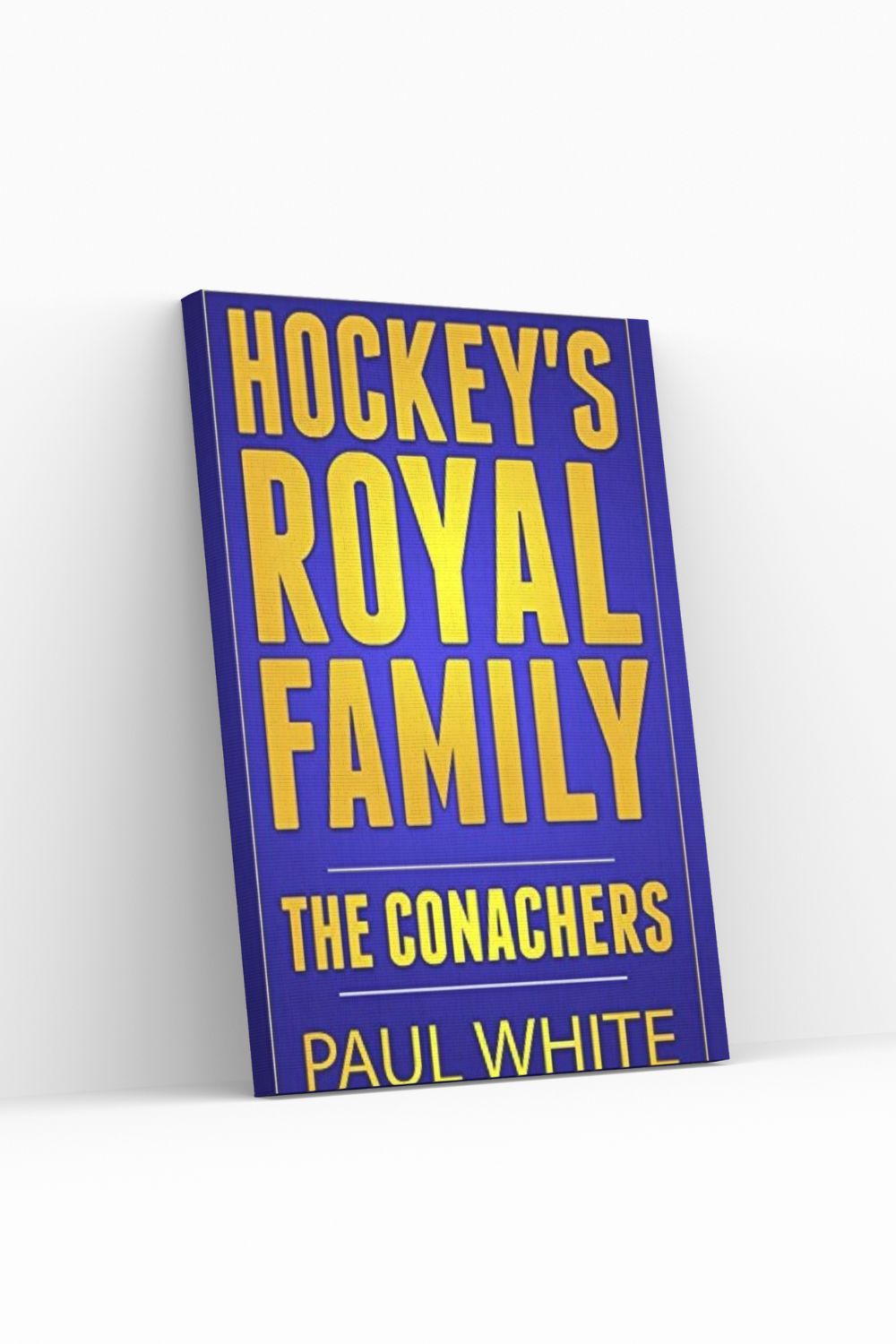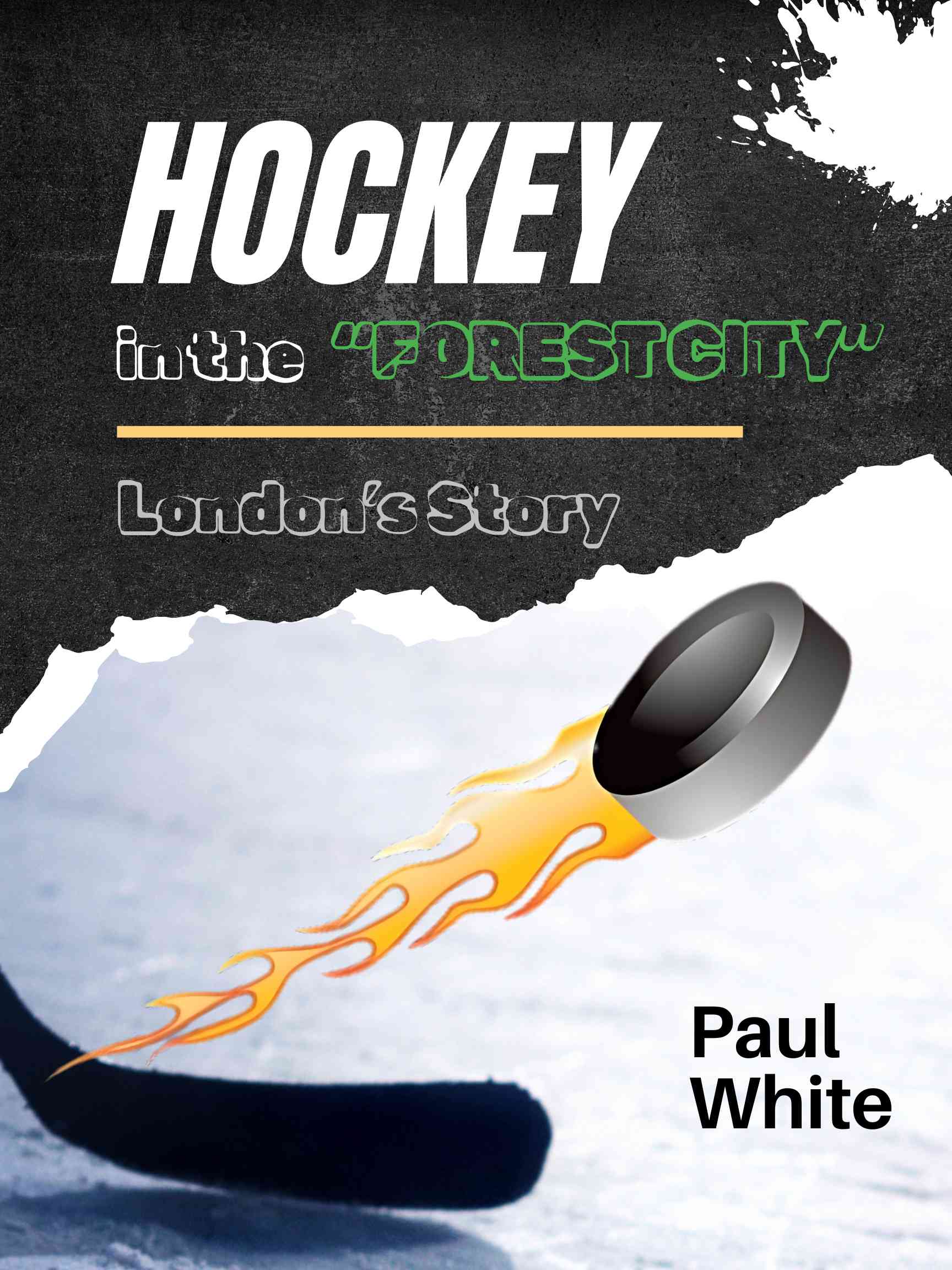"Thank You to a Veteran"
"Thank You to a Veteran" - should be something everyone of us should think, and especially say, every day!
The calendar has rolled up the month of November. What does that mean? To some it means “Oh my goodness, Christmas is almost here and I have not purchased a single gift, let alone planned Christmas dinner for all the family! For others it means football playoffs. Still more, begin planning a winter getaway holiday.
These events would be difficult for us to even contemplate if it had not been for the actions of the brave men and women who went to war, not once, but twice, to protect our freedom.
Calendar Reminds Us to SAY:
"Thank You to a Veteran"
That is why when the calendar says it is November, we should first of all remember those who fought, died, were wounded or returned home with horrible nightmares of what they had seen.
Today, I am going to talk about the Second World War. My father, three uncles, my father-in-law and many other family members and friends fought in that war.
The 1930s had been a time of economic hardship throughout the western world. As that decade approached its conclusion it appeared as if the hard times were over and everyone could get back to some sort of normalcy.
However, in early September 1939, a few short months before the "dirty thirties" could come to a conclusion, a new harbinger of difficult times appeared.
For months Germany’s leader, Adolf Hitler had been stirring up turmoil throughout Europe.
British Prime Minister Neville Chamberlain had tried to negotiate some sort of understanding with the German leader, but he had proved to me no match for Hitler.
However, on that first weekend in September 1939, it became clear that some sort of action would be necessary to stop Hitler's quest for dominion over his European neighbours.
All weekend long hundreds of area residents gathered around newspaper offices or huddled beside a radio waiting for news of what they feared would happen next.
At six o'clock on Sunday morning a bulletin was issued that Chamberlain had not received assurances from Hitler that he would withdraw his troops from Poland.
As a result of this failure by the Germans to agree to Britain's demands, the Prime Minister announced to the British House of Commons that Britain was now at war with Germany.
Shortly after the bulletin had been issued the news of the impending war spread like wildfire throughout not only Britain, but also Canada.
The major topic of discussion in local restaurants and churches that Sunday morning was whether the Canadian Parliament would follow Britain and make their own declaration of war against Germany.
In many area homes, memories of the First World War were reawakened, bringing thoughts of loved ones lost or injured.
There is no doubt that many worried about what losses the impending conflict would bring to Grey and Bruce families.
For the next five years the Second World War dominated the lives of Canadians.
Then, early in May 1945, another bulletin, this time with much happier news, was issued.
The war with Germany was over! Pandemonium broke out!
Factory whistles and church bells were sounded. Everyone took to the streets. As soon as they were notified, principals at the local schools released their students from classes.
The streets of every Canadian community were the scene of joyous celebrations.
Union Jacks were unfurled.
Impromptu parades were formed with marchers singing and shouting. Car and truck horns blared in jubilation.
The Nazis had been defeated and once again peace was at hand.
The end of the war was greeted with ecstasy by most Canadians.
They were excited at the prospect of seeing sons, husbands and friends who had gone overseas to fight for their country.
Unfortunately, there were also homes where rejoicing the end of the war was on a much lower key.
They were the family and friends of the men and women who would not be coming home from the fight to preserve freedom.
So, before you start your Christmas shopping, plan your winter vacation, etc. stop and say thank you to a veteran, or just simply be thankful for the actions of all those brave men and women!
Several versions of this story have appeared in many columns that I have written for publications in November. So, once again, remember to say "Thank you to a Veteran."
History Pages
Baseball History in Southwestern Ontario is rich, and surprisingly longer than one might expect, actually setting historical precedents!
Census Takers in 1891 Canada faced difficult obstacles to gather the necessary information but the results were revealing then, and today.
The Glorious Twelfth: A Tradition from Across the Pond which served to both unite and divide pioneer communities.
Maple Syrup: A Pioneer Necessity and a trading commodity for indigenous peoples is now a Sunday morning breakfast treat with pancakes!
Paris Ontario: Who Knew this community had such a unique origin and how the local citizens used that history to protect the environment of their region?
Pioneer Christmas: A Family Tradition as told to me by may grandparents who experienced Christmas as children in the 1880s and 1890s.
"Thank You to a Veteran" - should be something everyone of us should think, and especially say, every day!
From Lochnaw to Manitoulin - A Review this book details through a soldier's diary a trip from Penetanguishene to Manitoulin Island in 1839.
Baseball History in southwestern Ontario has very early beginnings and the dominance of Canadian teams in early competition may be surprising to many readers.
History Pages introduces the readers to interesting people, places, and events that I have researched and written about in my writing career that spans more than three decades.
